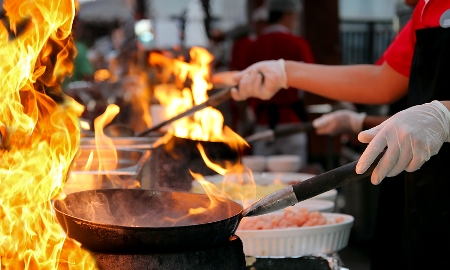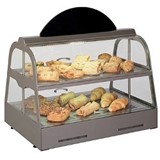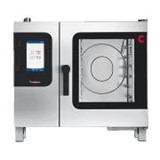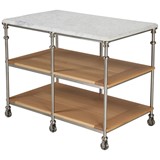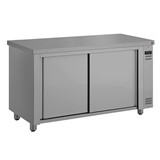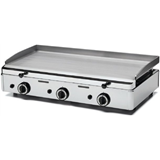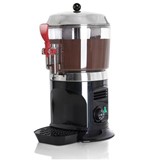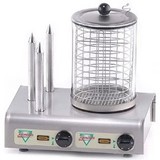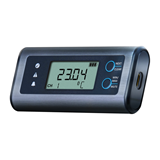Pizza ovens, normal ovens, stove tops, boiling liquids, sizzling meats; they can all conspire to turn kitchens into unbearable hothouses if appropriate systems aren't in place to not only cool, but whisk the heat away.
In this article we'll give you a few tips on how to make your kitchen a more tolerable place to work when the heat is on. But first, what are the risks if things continue to boil?
The cold, hard hot facts
As an employer, you are required to create a safe environment. If your kitchen is unbearably hot and you do nothing about it, your chefs and kitchen staff can succumb to all kinds of potentially serious ailments. Dehydration is the most obvious and common of these, resulting in headaches and dizziness.
Worse, dehydration can be the catalyst for some even nastier heat-related illnesses. Heat rashes and blisters from sweating are neither pleasant or a very good look in a restaurant environment. Heat cramps might not be serious on their own, but they're deadly serious if they lead to an even more crippling case of heat exhaustion, or its sinister cousin, heat stroke. Left untreated, heat stroke can cause permanent damage and even death.
What you can do
The obvious answers – air conditioning, proper ventilation, vent hoods and powerful fans – all cost money, but they'll cost you a lot less than a seriously ill worker, both financially and emotionally. Provide a ready supply of 'drink on the run' water and make sure everybody uses it.
Provide a lightweight uniform or enforce a dress code with the words 'light' and 'breathable' in it. Give everyone the chance to take cooling breaks away from the kitchen, especially newbies who will be unaccustomed to the heat.
What workers can do
Drink the water you provide as often as they can. Take cooling breaks as often as they can. Avoid caffeine which only adds to dehydration. Be aware of any dramatic increase in kitchen temperature should some part of your kitchen cooling system fail. And know the symptoms of all heat-related illnesses so they can self-diagnose and avoid a catastrophe.

